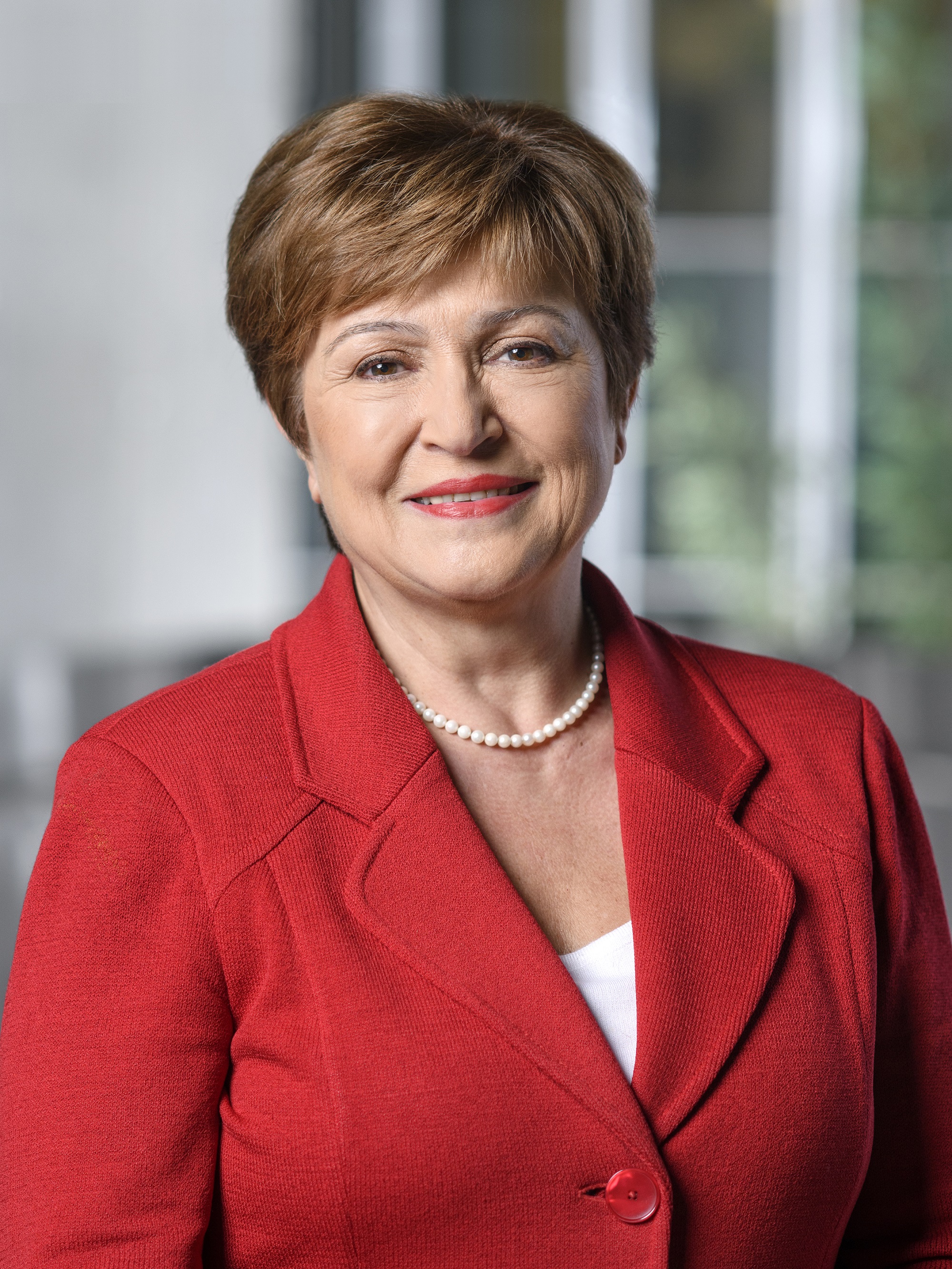IMF's Georgieva urges G20 leaders to 'allow trade to do its job'
In prepared remarks delivered at the Group of 20 leaders summit, Georgieva said that 345 million people in the world were now suffering from a food crisis as a result of Russia's war in Ukraine, high inflation and climate disasters.

International Monetary Fund Managing Director Kristalina Georgieva warned G20 leaders on Tuesday against allowing trade protectionism to "take root" and said the fragmentation of the world economy into geopolitical blocs would significantly hurt growth. In prepared remarks delivered at the Group of 20 leaders summit, Georgieva said that 345 million people in the world were now suffering from a food crisis as a result of Russia's war in Ukraine, high inflation and climate disasters. She said G20 countries should "allow a trade to do its job".
"Removing barriers, especially for food and fertilizers, can go a long way to counter the suffering of hundreds of millions of people," Georgieva said. "We must not allow protectionism to take root and the world to drift into separate blocs."
Georgieva has long warned against the fragmentation of the world economy into blocs led by the United States and Western allies on one side, and China and other state-driven economies on the other, saying this would lead to differing technology and regulatory standards and increasing trade protectionism. The IMF has calculated that such a divided world would lose at least 1.5% of GDP output annually.
"And the cost would be much higher - two times higher or more - for open economies, those that depend on international cooperation," she said. There was still time to avoid this situation and "prevent sleepwalking into a world that is poorer and less secure", she added.
Georgieva also reiterated her call for G20 countries to accelerate efforts to provide debt relief to poorer countries slammed by COVID-19, Ukraine war spillovers and inflation. For 25% of emerging market economies and 60% of low-income countries, it is crushing their ability to deal with food and energy insecurity, she said.
She lauded Chad's deal with creditors to restructure $3 billion in external debt, saying it was evidence G20's long-delayed common debt treatment framework was starting to deliver results. "But we need to do much, much more," Georgieva said.
(This story has not been edited by Devdiscourse staff and is auto-generated from a syndicated feed.)
ALSO READ
IMF's Georgieva Visits Kyiv Amid Ongoing Economic Challenges Due to War
IMF Chief Kristalina Georgieva's Surprise Visit Boosts Support for Ukraine Amid War Challenges
IMF Chief Kristalina Georgieva's Critical Mission in Kyiv Amidst Ukraine War
IMF Chief Kristalina Georgieva Visits Ukraine Amidst Energy Crisis
IMF Chief Georgieva Visits Ukraine Amid Economic Turmoil









